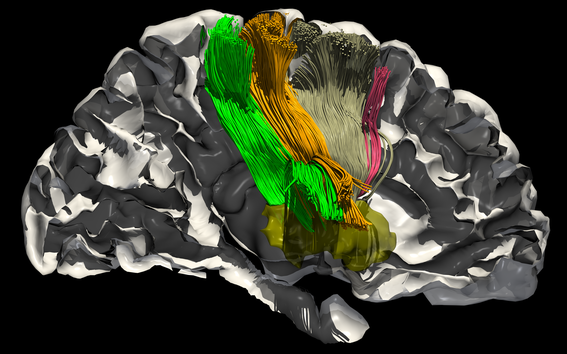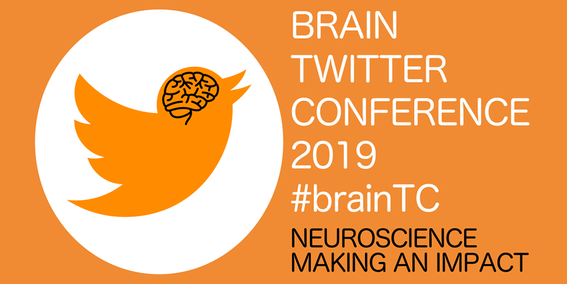World-leading neuroscientists gathered on Twitter for online research conference

Scientific conferences are expensive, time-consuming and often involve a heavy carbon footprint. Luckily, there are alternatives.
In the Brain Twitter Conference, researchers present their findings as a series of tweets. The presentations can include pictures, data and videos, and the audience in Twitter can ask questions and discuss the findings. The presentations are selected through peer review, but anyone can follow the conference free of charge and participate in the discussion.
This year the Brain Twitter Conference will feature 61 speakers from 12 different time-zones and will run across 19 hours starting at 4.45 UTC.
The conference takes place during the international Brain Awareness week coordinated by the Dana foundation, and is organized by researchers at Aalto university in Finland, in collaboration with researchers in the Universite de Lillé, France, and Harvard University, US.
“This year we have fantastic keynote presenters and a record number of scientists who sent their findings to present in the event. For example, prof Proverbio will talk about the neural mechanisms of emotional sensations when we listen to music. Dr. Jay van Bavel will talk about the social neuroscience of co-operation ” says one of the organizers, researcher Sasa Kivisaari from the Aalto University.

Keynote Speakers
8AM UTC Professor Alice M. Proverbio from University of Milano-Bicocca @AliceProverbio
2PM UTC Associate Professor Jay Van Bavel at NYU @jayvanbavel
6PM UTC Dr Stephanie Jones from Brown University @drstephjones
8PM UTC Professor Russ Poldrak from Stanford University, @russpoldrack
10PM UTC Professor Paul Thompson from University of Southern California @PTenigma
You can read the full program here.
“The increasing popularity of this conference format indicates that scientists are more and more worried about their carbon footprint. International collaboration and communication is a vital part of science, so we need to find ways of doing science together, without flying around the planet.” says Tommi Himberg, one of the founding members of the #brainTC.
Part of this year’s Twitter conference will be livecast on Facebook by Mostly Science, an Australian science outreach organisation.
Follow the conference on Twitter: #brainTC, @realbrainTC
Further information:
Tommi Himberg, @tijh
Postdoctoral researcher,
Department of Neuroscience and Biomedical Engineering, Aalto university
tommi.himberg@aalto.fi
+358 50 313 9439
Sasa Kivisaari @SasaKivisaari
Postdoctoral researcher,
Department of Neuroscience and Biomedical Engineering, Aalto university
sasa.kivisaari@aalto.fi
+358 50 4322 828
Read more news

The proxy server for remote access to e-resources is changing
If you have problems using e-resources, try accessing the e-resource using VPN connection.
A sustainable city is also age-friendly
Cities must involve older adults more strongly in the planning of the urban environment.
Renate Zhang’s journey in optimising the cost of creation
During the research program at Aalto University, Renate Zhang developed a cost-saving method that inspired her to pursue a doctoral degree.






